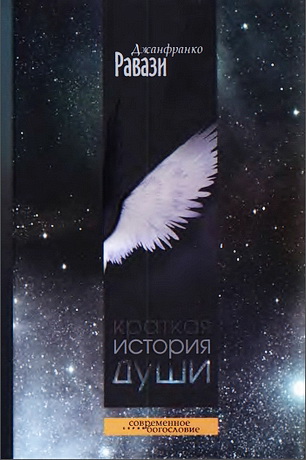
Israel's Exodus in Transdisciplinary Perspective
The grand narrative about Israel’s Exodus from Egypt, mainly preserved in the Book of Exodus in the Hebrew Bible, holds momentous significance for ancient Israel, Jewish identity, Christianity, Islam and Western thought, and deeply impacted the formation of academic disciplines studying the ancient Near East. In its role as a pervasive theme, it has inspired artistic and popular imagination. Finally, the Exodus lies at the heart of a controversy about the reliability and origins of the Biblical narrative, not the least in the context of research on the emergence of Israel after the end of the Late Bronze Age.
This volume is the most innovative gathering of thought assembled on the topic of Israel’s Exodus from Egypt. In 9 sections, the volume presents papers first presented at Out of Egypt: Israel’s Exodus Between Text and Memory, History and Imagination, a conference at the University of California, San Diego, May 31 to June 3, 2013. The transdisciplinary perspective this book takes combines an assessment of past research with current knowledge on the topic and new perspectives for future study. Research from Egyptologists, archaeologists, Biblical scholars, computer scientists, and geoscientists appears in active conversation throughout the various chapters of this book. The 44 contributions by leading scholars from the United States, Canada, Great Britain, Israel, Germany, Switzerland, and Italy, unite a diverse group of hermeneutic approaches. They pertain to the text and later reception of the Exodus narrative, including its Egyptian and Near Eastern parallels, function as cultural memory in the history of Israel, the interface of the Exodus question with the emergence of Israel and archaeological fieldwork, and exploration of the text’s historicity. The historical geography and the environmental events described in the Exodus narrative and related texts receive thorough scientific analysis, reinforcing this volume’s transdisciplinary character. An important section is devoted to cyberarchaeology, visualization techniques, and museological presentation of the Exodus.
Exodus research is evocative of “World Building,” to use a phrase from Alex McDowell, production designer at the University of Southern California. World building is based on three pillars: “Storytelling is the most powerful system for the advancement of human capability due to its ability to allow the human imagination to precede the realization of thought; that all stories emerge logically and intuitively from the worlds that create them; and that new technologies powerfully enable us to sculpt the imagination into existence.”1 Through the practice of ancient world building described here, we hope to promote a new approach to transdiciplinary research.
Editors: Thomas E. Levy, Thomas Schneider, William H.C. Propp - Israel's Exodus in Transdisciplinary Perspective. Text, Archaeology, Culture, and Geoscience
(Quantitative Methods in the Humanities and Social Sciences)
Springer, Cham, Heidelberg, New York, Dordrecht, London, 2013. - 579 pp.
ISBN 978-3-319-04767-6
ISBN 978-3-319-04768-3 (eBook)
Israel's Exodus in Transdisciplinary Perspective. Text, Archaeology, Culture, and Geoscience - Contents
Preface
Acknowledgments
Contents
List of Contributors
Part I: Setting the Stage: Interdisciplinary Approaches to the Exodus Narrative
Part II: Science-Based Approaches to the Exodus
Part III: Cyber-Archaeology and Exodus
Part IV: The Exodus Narrative in its Egyptian and Near Eastern Context
Part V: The Exodus Narrative as Text
Part VI: The Exodus in Later Reception and Perception
Part VII: The Exodus as Cultural Memory
Part VIII: The Exodus and the Emergence of Israel: New Perspectives from Biblical Studies and Archaeology
Part IX: Conclusion
About the Editors
Abbreviations
Ancient Sources and Authors Index
Index
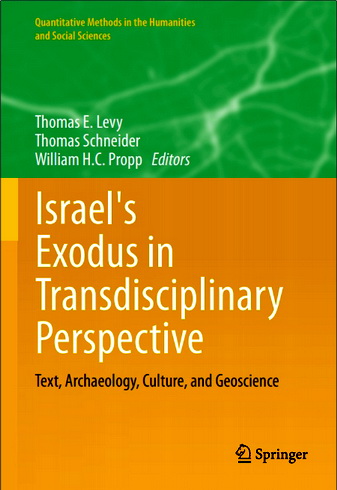
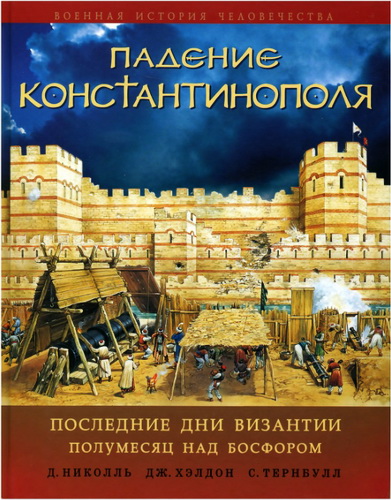
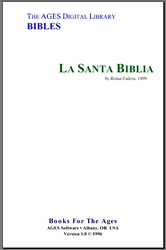
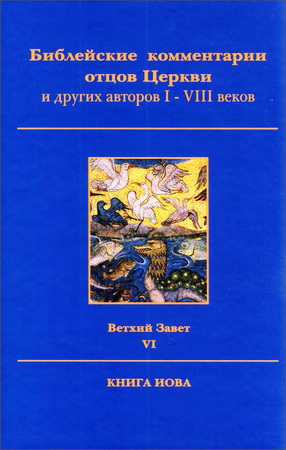
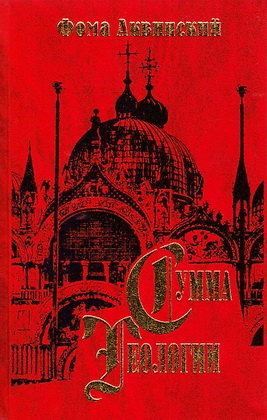
Комментарии (1 комментарий)
спасибо